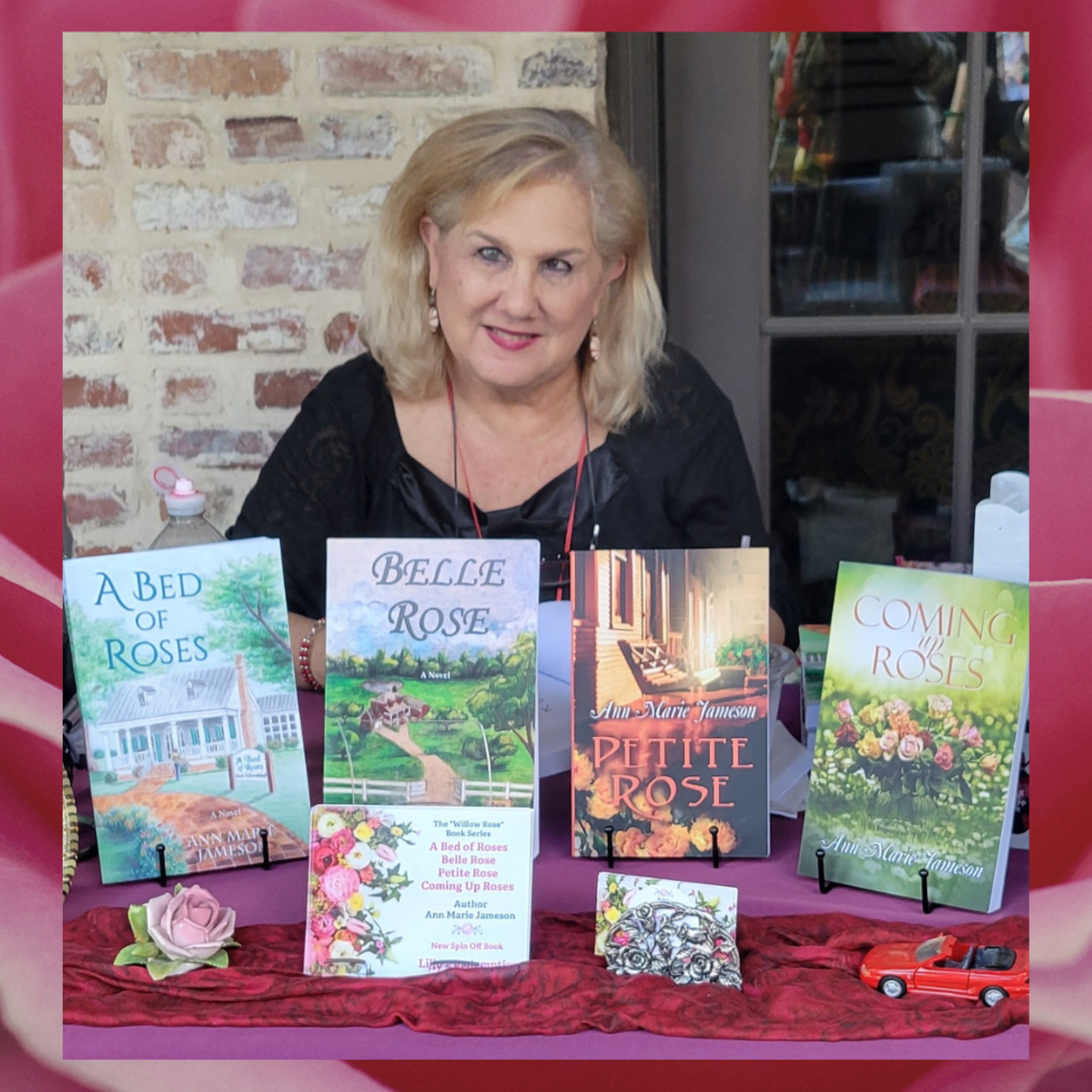How Long Does it Take to be a Successful Writer?
We Start with a Trick Question
The trick question is, of course, the title of this article.
Before we can answer the question we need to know what “successful” means to you.
And therein lies the rub, eh?
If I’m going to write this article, though, I need a definition to work with, so allow me to choose a definition that may or may not apply to you:
“Being a successful writer means selling a reasonable number of books so that you gain a significant financial advantage.”
Again, that may not be your definition. You might find success by simply writing a book. You might find success by simply having a blog, and I say HOORAH for you and keep up the good work. If, however, you have thoughts of one day being a writer who consistently sells books, then this article just might interest you.

I Have a Two Part Answer for You
“Success is not final, failure is not fatal: it is the courage to continue that counts.”
Malcolm Gladwell, in his book “Outliers,” argues that it takes 10,000 hours of dedicated practice to master a skill. You may or may not agree, but I happen to think he is right on in that assessment.
Since good writing is definitely a skill, let’s see what that 10,000 hour figure means in terms of a writing career.
If you were to write four hours per day, five days per week, you would write eighty hours per month. Now divide 10,000 hours by 80 and we find that it will take you 125 months, or about ten years, to reach your goal of being a skilled writer.
Maybe you are a real go-getter, and you write eight hours per day, five days per week…then you should be a skilled writer in five years. Fantastic!
Is this an exaggeration?
I think not!
History is littered with great writers who took at least that long to finally perfect their craft and start experiencing some success. Stephen King, J.K. Rowling, Harper Lee, John D. MacDonald, all spent years pounding out words without any acclaim or popularity.
Let me put it another way: I can take a fifteen year old and teach them how to outline a story, and within a few months of dedicated writing they can crank out a 100,000 word book….but will it be finely crafted? No!
To be a good writer one must have a mastery of vocabulary. One must understand rhythm and flow. One must develop voice and understand plotting, and also understand how the proper use of setting and characterization can enhance a story. A fifteen year old cannot do those things, and neither can you, unless you put in the time.
So there you have part one of the answer. Let’s move on to part two, namely the actual selling of books and reaching some financial freedom from your writing.

And Now for the Tough Part
According to the latest figures, there are approximately 2.7 million new titles published worldwide each year. In the United States alone there are 800 new books published each day.
Now, that may seem like a lot, but….for every book published, there are hundreds rejected….and…of those 2.7 million published, many are self-published and languish in the literary junk heap unread.
So, writers have their work cut out for them. Simply “mastering” the craft of writing does not guarantee financial success.
Are you discouraged yet?
Well don’t be.
Just be realistic.
If you are basing success on finding a certain amount of financial freedom through writing, then you may never achieve that success.
Awareness of the truth is so important, don’t you think?
You will find it much easier to make money as a freelance writer. I make a comfortable living as a freelancer, and you can too.
But finding financial freedom by writing books?
Repeat after me….crapshoot!
There are thousands of very good writers who died poor.
There are thousands of other very good writers who found financial success after they died.
Repeat after me….crapshoot!
I do not write this to discourage you. I write this to wake you up to reality.
If you are writing to make money then you have already built your future on the top of a sink hole.
Try This Approach Instead
“I don't measure a man's success by how high he climbs but how high he bounces when he hits bottom.”
This might sound radical, but I ask you to just consider it for a moment.
How about writing for no other reason than for the love of writing?
I have this theory. Please allow me to share it with you.
I believe that people who follow their passions will always be successful.
The reverse also has some validity: those who do not follow their passions will always feel cheated in some way, and incomplete.
I happen to also believe that all writers are successful simply because they are members of a very select group of people in this world, people who, through their words, inform, educate, entertain and soothe the reading public.
You see, it’s all about perspective.
Sure, there are things you can do to improve your chances of making a living as a writer. You’ve heard them before, but briefly…..
Improve your writing. Take online courses. Join a peer group. Work on voice and flow, characterization and plotting. Writing is a craft and we begin as novices and work our way up the ladder to journeyman and possibly expert craftsman. It takes work and it takes determination.
Diversify your efforts. Make passive income on sites like HubPages. Submit articles to magazines. Write books and publish them as ebooks.
Build your platform (portfolio) so that people take you seriously when you say you are a writer.
But above all, improve your craft…..
Take a course in marketing and learn how to sell yourself.
So much to do….so many things to learn….
Join me on my writing blog
- William Holland | Helping Writers to Spread Their Wings and Fly
Tips and discussions about writing

So the Answer to the Question Is….
It takes as long as it takes.
I have had people write to me and ask me what they are doing wrong, that they only have ten followers and they don’t know what to do….this after three months as a writer.
What should they do?
Write!
It took Steinbeck seven years to find some fame.
How determined are you?
The question you should be asking yourself, the one that is vitally important in this business, is….are you willing to do whatever it takes to succeed?
If not, then re-think your career choice.
Writing is not for wimps.
Writing is not for the lazy.
And writing is not for the unenlightened.
Writing is for winners.
And if you are a writer, then you are already successful.
Put that in your pipe and smoke it.
2014 William D. Holland (aka billybuc)
“Helping writers to spread their wings and fly.”










